Writing at the end of 2020 is in itself a cathartic experience. Everyone's hope is that the new year will be a definitive turning point in the fight against COVID-19, and an opportunity to reset some approaches to local and global realities, strengthened by a new overall awareness. The funding generated by the health emergency, which soon turned into a social crisis, as a response to the numerous critical situations caused by the disruption of the status quo, will become a driving force. In our country, the Recovery Fund played has been central given the dam erected by the European Union to the overflow resulting from the first drastic closures of European markets. The provision of individual funding was not based on requests alone, the 209 billion euros allocated by the European Union to Italy will have to find recipients identified by the State on the basis of serious and rigorous criteria, first a project based on clearly defined assumptions and precise requirements.
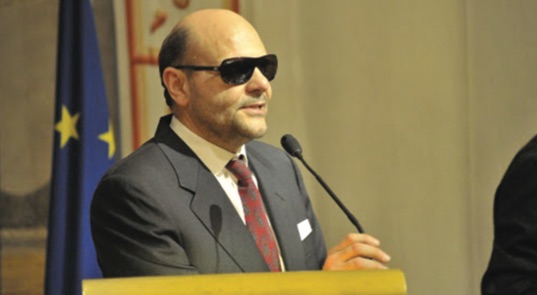
Consequently, the Italian Union of the Blind and Visually Impaired ONLUS-APS (UICI) immediately adopted the rationale behind the community measures and began the process of internal planning by its members in order to develop a series of proposals to be submitted to the national government. If the framework within which to outline ideas and project trajectories is represented by the apparently minimal percentage of 0.1% of the Recovery Fund allocated to Italy (which is equivalent to 209 million euros), the individual initiatives to be included in the national Recovery Plan fall into at least five distinct areas of intervention. First, a policy of prevention of blindness must be promoted, in favour not only of the blind, but also of people living with low vision. It is necessary to focus on the implementation of epidemiological initiatives promoted by the Union relating to glaucoma, retinopathies and maculopathies, by initiating activities to appropriately assess specific needs in the fields of education, work, culture, personal autonomy and assistance, according to the different degrees of disability.
This ties in with the core of the second area of planned intervention, namely projects for the rehabilitation of blind and visually impaired persons. Specific plans will be developed for the inclusion of those with important multiple disabilities, encouraging the creation of ad hoc structures, aiming to stimulate residual abilities through specific interventions that may not be provided in public schools. Similarly, we will work to provide the necessary support for school inclusion as well as workplace integration for blind and visually impaired people, by leveraging the expertise of Irifor Onlus, the Institute for Research, Training and Rehabilitation, founded on February 22, 1991, by UICI and supported by annual state funding, however insufficient. Finally, heavy emphasis will be placed on investing in new accessible technologies to ensure equal opportunities for blind and visually impaired citizens. Not to mention the stimulus to simplify urban pedestrian life and personal mobility, thanks to interventions regarding public transport services and related infrastructure.
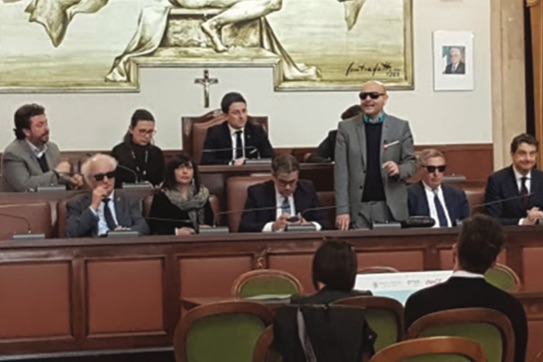
Operational projects are in the process of being defined, assigned to specialists of renowned capacity, so that they can be examined by those who, in practice, will be called upon to allocate funds under the National Recovery Plan. But, of course, it is necessary for the legislature and the government to demonstrate the sensitivity which has in part already been shown during the post-COVID health emergency. In 2020, unfortunately, the celebrations for UICI's centenary had to be cancelled given the circumstances as well as, on last October 26, the commemorative stamp. On November 5-8 was held the organization's XXIV national conference, the first in the country to be fully held online, with the participation of many leading figures from the culture, politics and organization sectors.
The elections, which confirmed Mario Barbuto as UICI's President for the forthcoming five-year term, were also held online, providing yet another demonstration that technology is both a tool and an ally for the blind. In fact, the Union does not give up on projects that promote the right to citizenship so that those who are visually impaired can vote unaccompanied and are encouraged to be independent, closing the circle of active participation in democratic life. Finally, UICI intends to fully reclaim the legacy of the twenty or so National Institutes for the Blind (e.g. the one in Naples, the oldest in Italy). This will help prevent the scattering of their patrimony, with the consequent inevitable failure to respect the wishes of those who intended their bequest to the blind. The idea is also to ensure a reassessment of assistance to users, not least the possibility of creating for the institutes themselves centres of specialized assistance for people with complex disabilities.
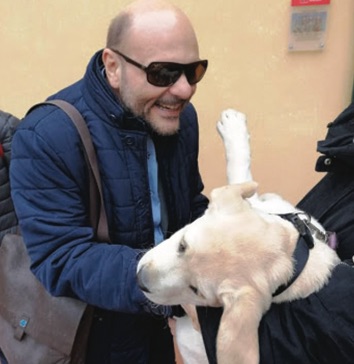
The contact with the territory has always been a prerogative of the Italian Blind Union, and it intends to take inspiration from the single local realities to ensure a unified approach aimed at obtaining the most comprehensive and respectful answers possible from national and international institutional stakeholders.
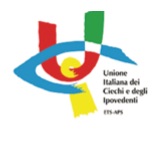

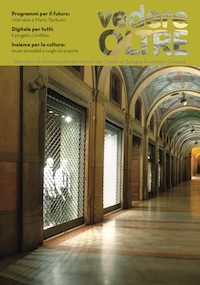



.png)